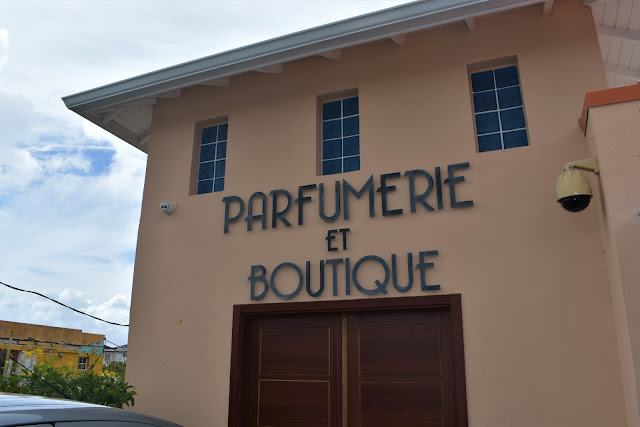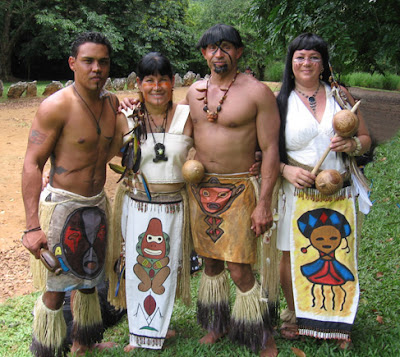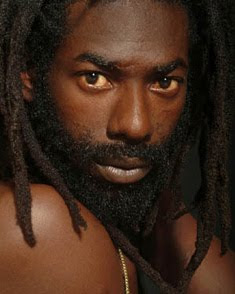Gullah, Sweet Grass and History


Learning about a destination's culture and history are important aspects of the travel experience for me. I enjoy gathering insight into a place from a cultural perspective. One of the most fascinating culture's I've ever encountered is Gullah culture. This week, I have a feature story about Gullah culture in Travel Muse. The piece focuses on Gullah history in Hilton Head and St.Helena, South Carolina but the culture extends way beyond that.
The Gullah trace their heritage directly to the skilled rice farmers of Sierra Leone, West Africa. They were enslaved specifically because of those skills and were transported to work on rice plantations in South Carolina, Georgia and parts of Florida. The swampy conditions and malaria that went with it, made it uncomfortable for the plantation owners to live so they left the Gullah people to work the plantations mostly unattended. The isolation allowed Gullah dialect, customs and art to survive undiluted for 100 years. One of the hallmark's of Gullah culture is sweet grass basket "sewing" which mirrors Sierra Leone's centuries-old basket weaving tradition. Jery Taylor, pictured above, represents the fourth generation of her family to create sweet grass baskets. Jery has had her creations displayed at the Smithsonian and I quickly bought one of her designs, not just for the beauty but for the significant culture and history that it symbolizes.



Comments
I enjoyed reading today's post on my way to the Travel Muse link. Last year my cousin and I were taking our children to SC. I was interested in learning to make Sweet Grass Baskets w/my daughter... We didn't make it, we'll have to make it happen in 2009.
As always, Thanks for sharing.
Plant, thanks for visiting. There is a very child-friendly sweet grass festival in June in Beaufort.
Fascinating.
Catherine, yes, the Gullah dialect bears a very close resemblance to the Sierra Leonan Krio language. It has a very Caribbean cadence and combines English words with African terms. THe music also draws for African folk tales and rhythms. I'll have another post exploring that.